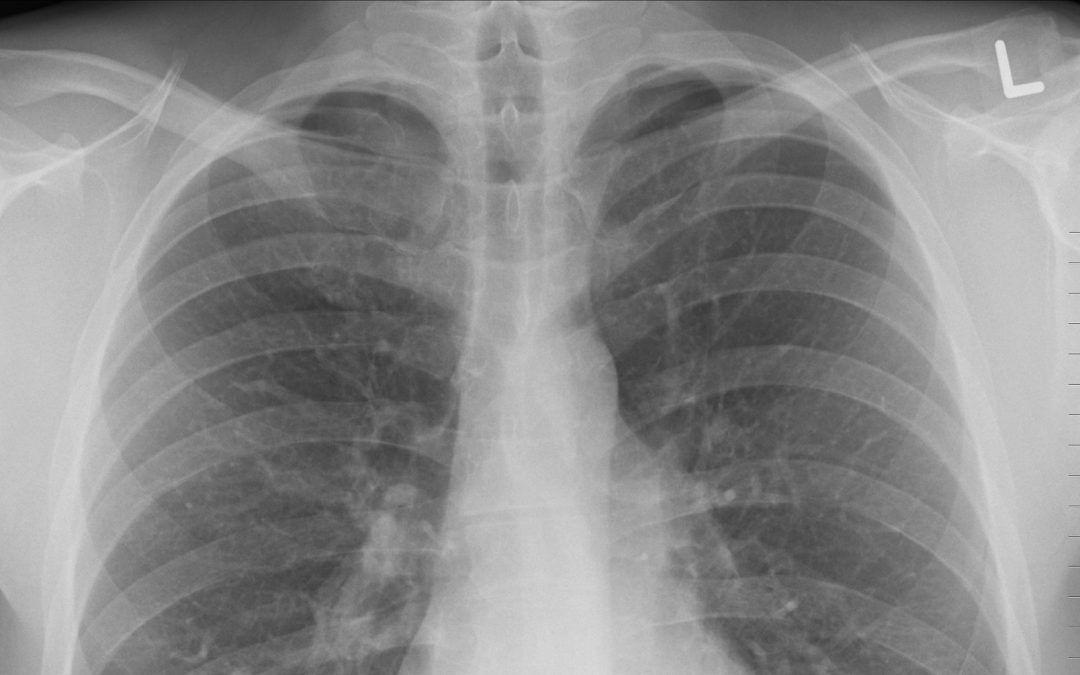Contributed by Jim Nelson, consultant to CAIRE Inc. ~ A little over 6 years ago, I was near death. For several reasons, including my personal cigarette smoking for 20 years, my lungs were in tatters, no longer able to absorb enough oxygen to maintain life.
Due to the extreme misfortune of a young man in Utah who died of massive head injuries in an auto accident, I was fortunate enough to receive a double lung transplant. It literally saved my life. At any given time, there are over 122,000 people in the United States who are waiting to receive an organ transplant. So why is it that we are performing less than 30,000 transplants per year? In a few words, lack of donors! The availability of organs is obviously a very mixed blessing.
In order for organs to be usable for a transplant, it is best for the donor to have died in a hospital setting. Generally, that is the only way that the medical profession can keep the potential donor organs viable for transplant. For that reason, the organs of someone who dies at home or at the roadside will simply go to waste.
Please sign a donor card. It is one of the most generous things that you can do. You can do it at the DMV, or even online.
Then, just keep doing what you are doing, subject to a couple of suggestions:
- If you ride a motorcycle or a bike, please wear a helmet! Bouncing your bare head off of a curb can result in terrible injuries.
- If you drive an automobile at any speed, please wear your seat belt. If you are driving across town, buckle up! Make your passengers buckle up! If you are driving around the block, put your seat belt on! If you leave your body, or the bodies of your loved ones, free to bounce around the interior of a car, it can result in serious head injuries. The result of a moment’s inattention could be the cause of brain injuries or death. At highway speeds, a person ejected from a car in an accident has very little chance of surviving.
- My donor was sitting in his car at a stoplight, waiting for a herd of elk to cross the road in front of him. The driver of the pickup truck behind him looked up, saw the green light, and then was distracted by something. He rear-ended my donor at about 40 miles per hour. Terrible head injuries. It was a very good day for me, but an absolutely horrible day for him and for his wife, kids, and family.
- If you are in the habit of tailgating, imposing your will upon the car ahead of you so that you may arrive at your destination a few minutes earlier, stop it! Rear-end collisions can snap the neck of the drivers and passengers of the other car. Are a few minutes really worth the lives of the strangers in front of you? Do you really want to cause an accident that will live with you the rest of your life?
- Do not maintain the attitude that none of these things are going to happen to you. This article, the traffic laws, indeed the law of averages, are meant for you. Surely the 1,250,000 or so people who die in auto accidents every year worldwide, (3,400 per day), did not get in their car, on their motorcycle or bike, with any thought of dying that day.
Remember, our goal here is to save lives! There are thousands of people on transplant lists, waiting for the availability of viable organs. Had I been asked whether I wanted the death of a 32-year-old husband, father, brother, and son so that I could have his lungs, I would have been horrified. The answer is obvious, but the decision was not mine to make. Be careful.
~ Uncle Jim
Jim Nelson is a double lung transplant recipient and a patient advocate for COPD patients throughout the U.S. and around the world. He and his wife, Mary, are well known patient advocates and brand ambassadors for those organizations who tirelessly endeavor to help those individuals who suffer from a variety of respiratory diseases and the caregivers who support them.
If you have been prescribed oxygen therapy, learn more about CAIRE by visiting www.cairemedical.com or calling 1-877-704-0878 to talk to an oxygen advisor.
When using any oxygen therapy device please consult the applicable product instructions for use for product indications, contraindications, warnings, precautions, and detailed safety information.

